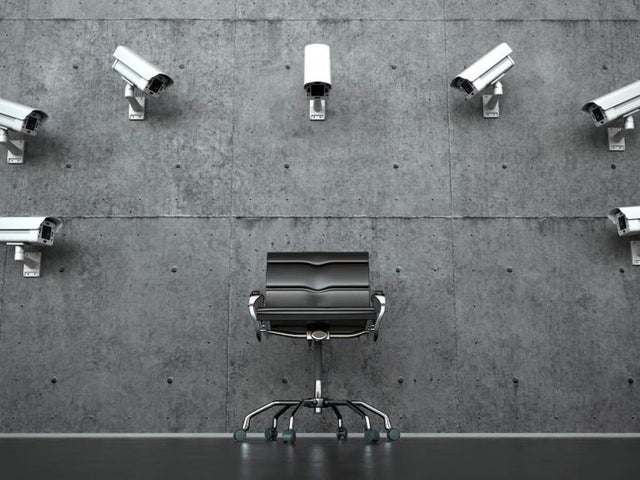Surveillance is having a significant negative impact on the workforce.
The author of a report by the European Commission’s Joint Research Council (JRC) cautions that remote monitoring and surveillance technologies might ruin workplace relationships unless steps are taken to put more authority in the hands of workers.
Kirstie Ball, who spent five months compiling the JRC’s extensive Electronic Monitoring and Surveillance in the Workplace report, believes that increased employee surveillance risks undermine motivation and credibility to work among employees who are unaware of why and how data on them is collected.
Ball tells ZDNet that a surge in the usage of “quick and dirty” monitoring tools caused by pandemic-era remote working is particularly alarming, especially for those who utilize more invasive ways to eavesdrop on those working from home with these technologies put workers’ mental health at risk.
“In the pandemic, your house was everything. It was where you worshipped, it was where you worked and your school. If you drop invasive monitoring on top of all that, it’s just going to be devastating to people when they don’t have support and are isolated in their homes.”
The JRC analysis stated that workplace monitoring is becoming more prevalent as a result of the ‘datafication’ of employment.
Working remotely has also seen an increase in the prevalence of surveillance technology during the pandemic, including some that elicit quite a strong feeling of privacy invasiveness among workers, such as email monitoring, biometrics, wearables, and webcam and screen recording.
Workers are being kept in the dark about the actual nature and purpose of the data being gathered on them as surveillance seeps into their homes. This circumstance has the potential to undermine employee trust and create resistance, pushing up turnover rates at a time when many workers are already considering quitting their positions.
Another issue raised by monitoring technologies is function creep, in which employers progressively begin to collect more data about their employees than is necessary.
The COVID-19 crisis has compounded the problem, with some firms rushing to adopt remote management and monitoring solutions without robust policies or clear guidelines on how to utilize them.
People’s perceptions of monitoring are also influenced by how feedback is used. Instead of doubting employees’ capacity to execute their jobs or their moral character, organizations may establish a better course for monitoring tools, which Ball acknowledges “isn’t going away.”
When it comes to the rise of AI-driven decision-making in the workplace, businesses must be careful of data prejudice and discrimination. Ball contends that scrutinizing algorithmic conclusions should be held to the same high standard.

Source: ZDNet